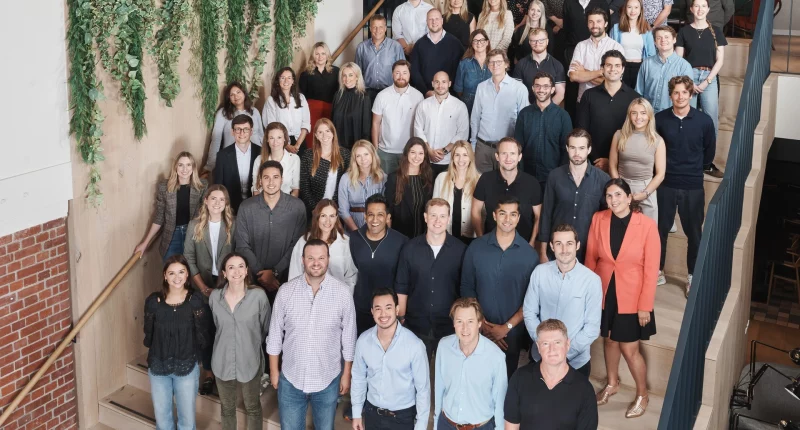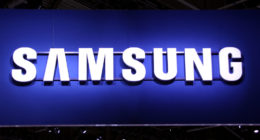London-based venture capital firm Atomico, known for backing fintech giants such as Stripe and Klarna, has now raised $1.24 billion for two new investment funds. This comes at a time when venture capital markets, especially in Europe, are facing significant hurdles. The dual fund strategy comprises $754 million earmarked for growth-stage companies, while $485 million will be allocated to early-stage startups. This marks Atomico’s largest fundraise to date, despite falling short of the company’s initial target of $1.35 billion.
While the 18-year-old Atomico has traditionally focused on earlier funding rounds, the firm is now making a push into later-stage investments through its new growth fund. The $754 million allocated for growth-stage companies represents an opportunity for Atomico to expand its influence in the European tech scene. This fund will be focused on later-stage investments in sectors such as fintech, AI, and climate tech, areas where Atomico has already established a strong presence.
Atomico’s latest fundraising occurs in the context of one of the toughest environments for venture capital in recent years. Venture capital firms globally are grappling with falling valuations, rising interest rates, and a lack of exit opportunities, including IPOs and acquisitions. This has led many traditional asset managers to shy away from tech investments. Market research firm PitchBook estimated in July 2023 that global venture capital fundraising was on pace to hit its lowest levels since 2015.
Zennström, CEO of Atomico, further described the fundraising process as a “grind” and noting that many firms are finding it harder to secure capital. This is hardly unsurprising, given that the economic environment is particularly unfriendly for early-stage companies, which typically rely on steady rounds of investment to fuel growth.
While Atomico has been instrumental in the success of some of the most high-profile fintech firms, such as Klarna and Stripe, the firm’s recent track record with exits has been more mixed. For instance, electric aircraft maker Lilium, in which Atomico holds a 6.9% stake, has seen its share price plummet by over 90% since going public in 2022. Similarly, chip designer Graphcore, which Atomico backed in 2017, sold to SoftBank for less money than it had raised, further demonstrating the difficulties startups are facing in securing profitable exits.
Unlike some of its competitors, Atomico has not backed startups aiming to rival the generative AI models developed by companies like OpenAI. Instead, the firm has concentrated on companies applying AI in specific, practical areas. For example, it has focussed on the likes of Germany’s DeepL, a translation technology company now valued at $2 billion, and Denmark’s Corti, which develops automation software for hospitals.





